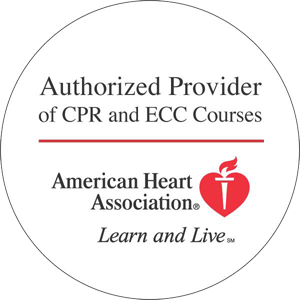What do you think of when you hear the term “physical activity?” Do you think of hours at the gym, on the treadmill or lifting weights? Do you think of running long distances, doing exercise videos, or trudging through workouts you hate?

If so, you may need to refresh your views on physical activity. Because it doesn’t have to be an unpleasant, time-consuming chore – it can be as simple as working in your garden, walking around the block or having a dance party in your kitchen. And the benefits to your health – both physical and mental – are worth finding an activity you enjoy.
According to medical professionals, physical activity is key to heart health, specifically. Moving your body on a regular basis improves the strength of the heart muscle, the health of the arteries, and lowers blood pressure and cholesterol. Physical activity moves oxygen throughout the body more efficiently, and helps your brain perform better. It releases feel-good endorphins that boost mental health and well-being.
Not sure how to get started? Keep it simple. Take the stairs at work, or walk to the store instead of driving. Rake leaves or shovel snow. Walk or, yes, run. Do whatever appeals to you, because that will keep you committed.
The American Heart Association recommends at least 150 minutes per week of moderate-intensity aerobic activity, or 75 minutes at a more vigorous intensity. That can be broken up into 20 or even 10 minutes chunks, and should ideally be combined with strength and flexibility exercises.
When it comes to physical activity and heart health, every little bit counts!
If someone in your family or workplace suffers cardiac arrest, are you prepared? Sign up for a HeartCert CPR class today.
HeartCert CPR is your trusted training partner for First Aid and CPR in the Twin Cities and throughout Minnesota. We now offer online, night and weekend classes to fit your busy schedule! We offer a variety of courses, including CPR/AED/First Aid and CPR/AED, Basic Life Support (BLS), Advanced Cardiac Life Support (ACLS), Pediatric Advanced Life Support (PALS), and Emergency Medical Responder – First Responder (EMR).
Find your CPR class at any of our convenient Twin Cities locations, including our new headquarters, HeartCert CPR Eagan.








